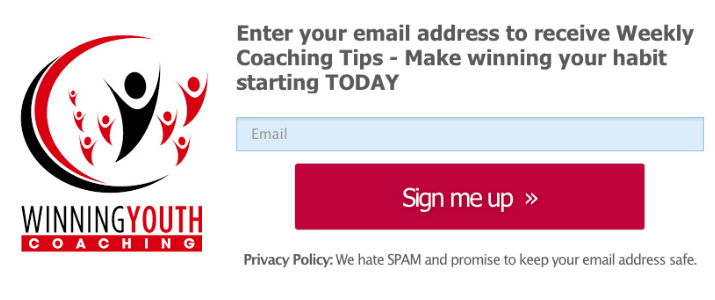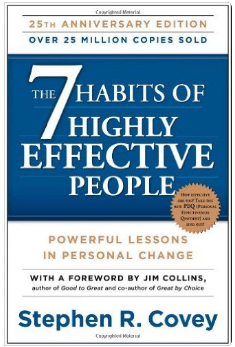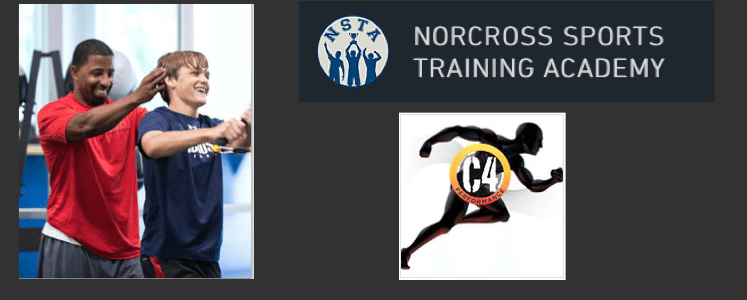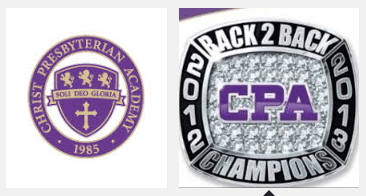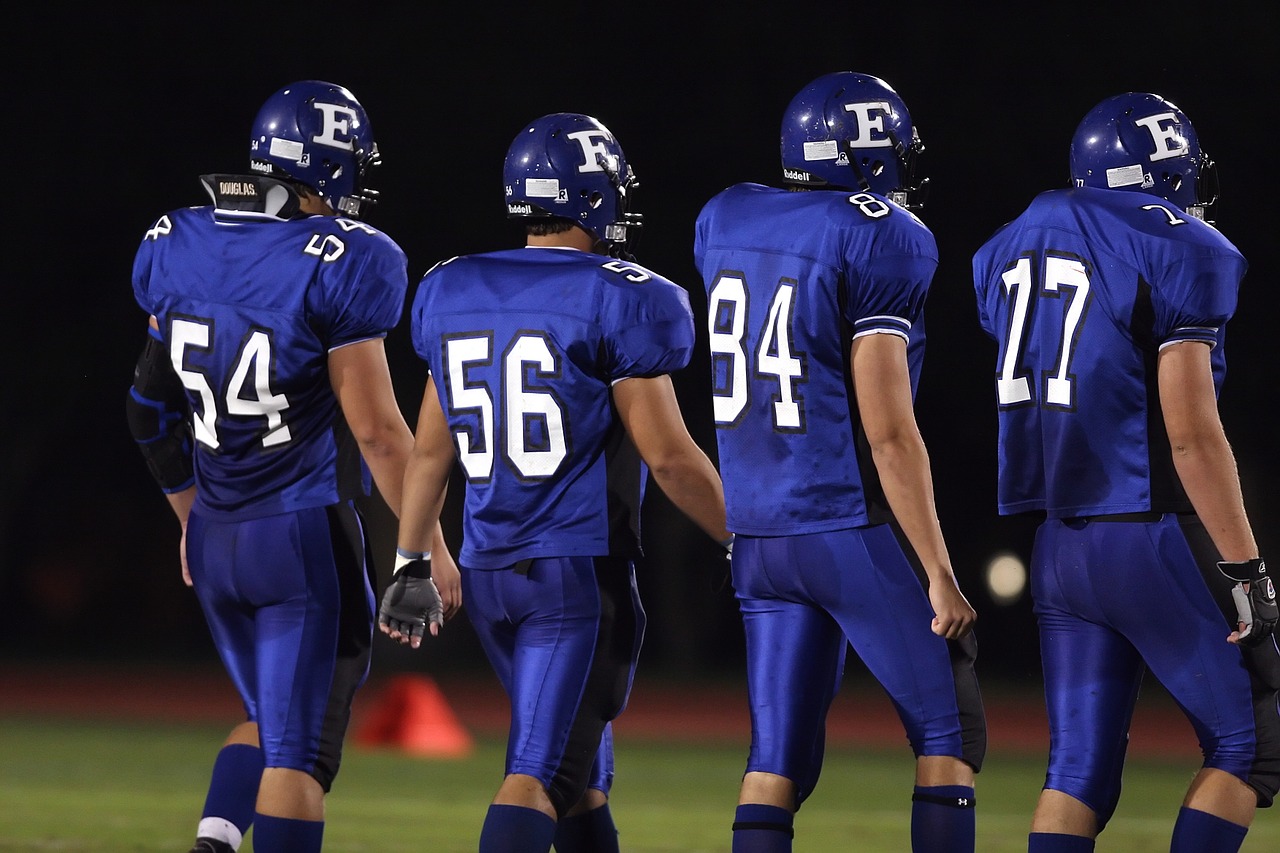Listen Now:
Listen on iTunes: iTunes link
–
A few days left to sign up: Coaching Mastery – with John O’Sullivan
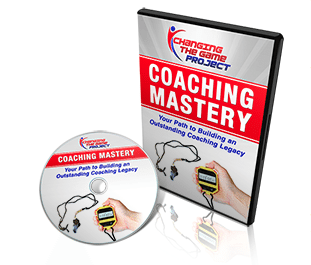
Many of you know that I work closely with John O’Sullivan and the Changing the Game Project. John’s is an internationally known writer and speaker, as well as a former professional soccer player and longtime coach. We share a lot of each others content as we work to transform youth sports and make it a better place for coaches to coach, and for players to play.
This week – for the first and only time in 2016 – John is releasing his amazing online video series called “Coaching Mastery.” He first ran this course in the Fall of 2014, and since then coaches from nearly every sport, from over a dozen different continents, have called it one of the most unique and inspirational coaching courses they had ever done. I was lucky enough to be one of the select few coaches John offered it to last year, and the things I learned really blew me away.
See, this course is not your traditional X’s and O’s course. It is all about things such as the psychology of performance and leadership, how to build a winning team culture, and even how to educate your team parents so they don’t drive you up the wall. He has some amazing interviews with some of the world’s leading experts in sport science and psychology, coaching, and leadership. The things you will learn in this course will take yoru coaching, and your teams, to a whole new level.
This course is truly one of a kind.
If you are interested in this type of coaching, John has asked me to invite all of you to his FREE video series, where over the next 2 weeks you will learn many of these things, and hear from some amazing experts. You also get a free eBook copy of his international bestseller Changing The Game: The Parents Guide to Raising Happy, High-Performing Athletes and Giving Youth Sports Back to Our Kids just for registering for the FREE series. All you have to do to get over an hour of this one of a kind coaching and leadership training, plus a free book, is go here and sign up:
Click here to get started
I know I am looking forward to the 2016 version of Coaching Mastery and I am confident that many of you will get a ton from this free video series. Its all new content, and I can’t wait to get started.
Again, if you want to join, just sign up here.
I look forward to hearing your thoughts on this course.
(I am an affiliate for this course, so if you decide to sign up – please sign up through one of the links above – Thanks!!)
Quote
‘Things may come to those who wait, but only things left by those who hustle’ – Abraham Lincoln
My Cringe Moments
Teaching Skills
- Different learning styles – Some kids are visual, some audio, some hands on – So use multiple styles to teach
- Break everything down into small groups. If he has 15 girls, he will break down into 5 stations of 3.
- When running plays – split the court in 2 and stand in the middle and have 2 groups running a bunch of reps
Mental Toughness/Achieving Peak Performance
- It starts with you being calm as a coach. If tension is building in a game- call a timeout and tell a joke and be relaxed.
Culture – Discipline/Rewards/Teambuilding
- It all starts with establishing standards.
- Post-game meetings: It’s best to praise and acknowledge accomplishments.
- HUGE IDEA – Tell some of the other teachers at the school about an accomplishment that a kid on your team did – it’s really big for a kid to have another adult acknowledging them
Connecting with and Impacting Kids
- Talk about the elephant in the room. After starting a season 0-7, Pelle started their next practice on a white board with the words ‘Why do we suck?’ – Girls got a kick out of it and had fun brainstorming about how to get better
The One that got away
- After a terrible call by the refs at the end of the game – Pelle skipped the handshake line and chased down the refs in the parking lot – big regret
Best borrowed/stolen idea
- Mini-games and it’s all about the # of touches
Favorite coaching book/quote
- Quote: ‘Talent is a gift, but character is a choice’ – John Maxwell
- Quote: ‘Things may come to those who wait, but only things left by those who hustle’ – Abraham Lincoln
- Quote: ‘Develop a cause beyond yourself, try to make the world a better place because you were here’ – Joe Hermann
Parting Advice
- Develop a culture that you believe in with your team – and stick to it
–
Related Episodes
Episode 22 – Kevin Furtado – Girls basketball coach
Reviews are the lifeblood of the podcast!- If you like the podcast- please take 2 minutes to write a review! Click here
Ready to be an Awesome Youth Coach? Sign up for our free weekly newsletter:
